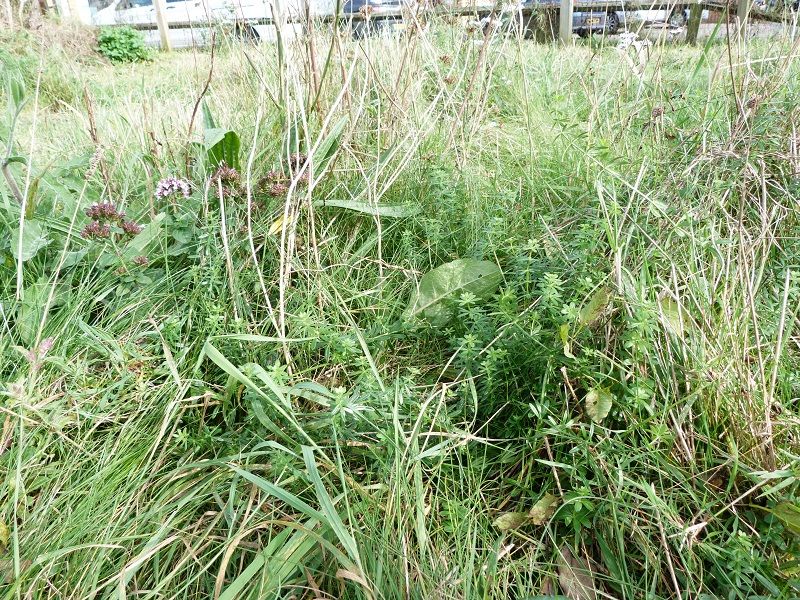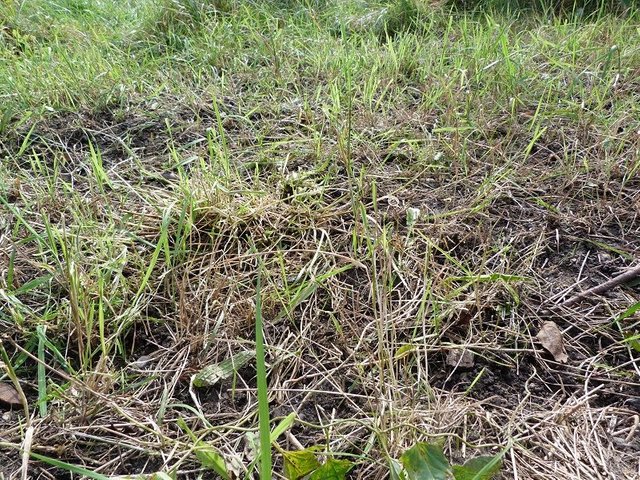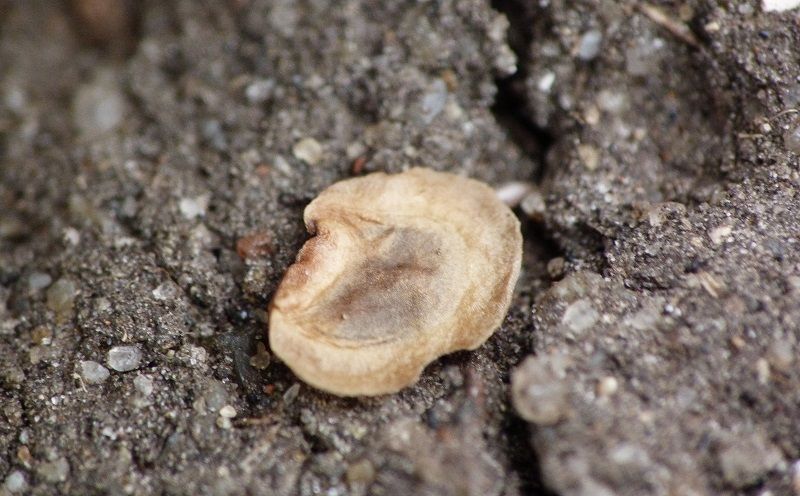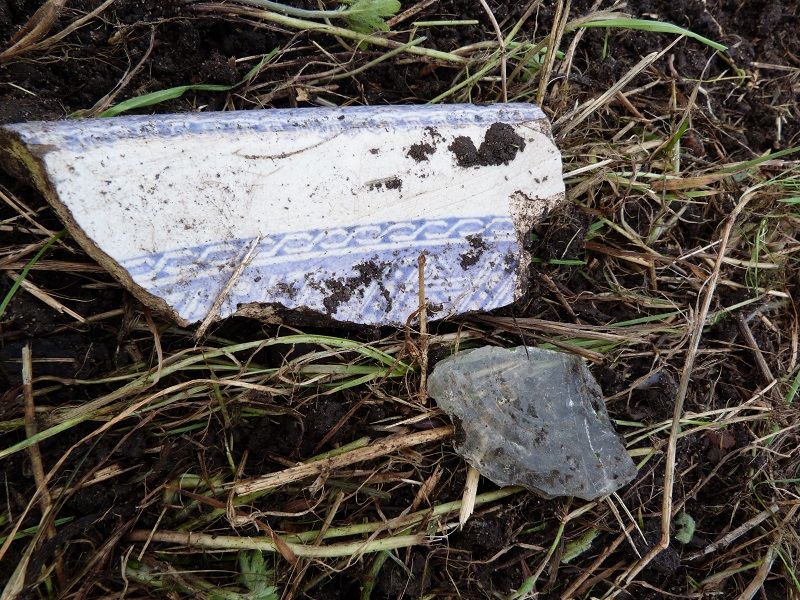The Garden Blog – 2: Meadow Maintenance
Welcome to my second Garden Blog and thank you for the great response I received to the first. I’m pleased to say that I’ve made good progress over the last week in the wildflower meadow. Here's what I've been up to - in writing and pictures or there is a little video.
We planted the meadow a couple of years ago and it has done pretty well (I think we’ll have a post about its creation soon). British wildflower meadows are traditionally a mix of native perennial plants and grasses which thrive on nutrient poor soil. They require annual cutting to keep the right mix of species happy and to stop it being swamped by more vigorous grasses. Our soil is pretty rich as it used to be allotments and I think at one time may even have had pigs kept on it. This means that it’s particularly important for us to cut the meadow each year and remove the cuttings so that they don’t rot down and enrich the soil any further.
So my hubby went out with the strimmer for me 😃. Here is the part where I admit to being rubbish with power tools. They seem to break on contact with me! I hate the smell of the petrol and somehow the way they smash through everything, whilst quick and useful, also seems too violent for the quiet harmony with nature that I aim to create in my garden. Anyway…….job done and quickly too – note taken to make time for scything next year! We strimmed off all the long growth.
As you can see in the following photos (and the video) we have left some growth so that there are plenty of areas for insects to shelter and hibernate in – I didn’t want a winter desert here. Then there were other areas that we’ve strimmed really low to reveal lots of bare ground. These were areas that either hadn’t been sown before or that had been swamped by species like dandelion and nettle that both tell me the soil is still too rich.


After strimming I worked hard, vigorously raking up all the clippings. I just used a leaf rake and this other wonderful tool that I inherited from one of my grandparents for making some extra bare patches amongst the denser vegetation where I want to sow some special seed. You can see how raking like this really helps to reveal a bit of bare earth, which is just what I want in these areas so that I can do a bit of re-sowing.

Here’s a little video summary of all that. Sorry about the traffic noise – it’s just a small village road we’re next to believe it or not!
Then the seed! Three separate lots. The bag contains a mix of perennial meadow species and cornfield annuals. This is for the area in the middle that hasn’t been sown before (we used to have straw bale seats there) so the annuals should provide some nice colour and nectar next year whilst the perennials are getting established to take over the following year (they take longer to establish and flower). The pot is just perennial seed for a section that was cornfield annuals last year. It’s been sown before but seems a bit bare so I'm re-sowing. Finally the pretty little seeds in my hand are yellow rattle Rhinanthus minor. These are my secret weapon, gifted to me by another local gardener (love seed swapping!). They parasitize grass and so should help me keep the invasive grass species under control. I’ve sprinkled them all over, including into a few little bare patches I made in the more established meadow with that inherited tool above.

Some of the seeds are so pretty…….any excuse for macro as those that have seen my Happy Snappy Ecologist posts will know!


Job done! I’ve walked mindfully over the whole lot to set the seed into the soil nicely and it’s due to rain later so that should water them. I would have watered them by hand for good measure but the kids have lost the rose off my watering can again 😔 ……….where will it turn up next.
I’m so pleased to have ticked the first job off my garden list! I know these pictures aren’t the most exciting right now but this is the season for the meadow to sleep. I’m really excited about how it’s going to look next summer and looking forward to sharing that with you.
As a last bit of interest, our row of cottages and attached gardens have quite a bit of history to them. The gardens have been used for various things at various times but were certainly just a place to bury rubbish at one time. We find lots of broken crockery and glass. I’ve also found whole cattle teeth (probably from the days when it was cost effective to buy and cook up a whole head), loads of clay smoking pipes and even a rather pretty old belt buckle! My children have extensive treasure collections from our diggings!

As always, thanks for looking. I appreciate you taking the time to read my blog. Your interest encourages me to do more! It’s the flower border and ponds next and I hope the harvesting of some special Norfolk apples.
As a follower of @followforupvotes this post has been randomly selected and upvoted! Enjoy your upvote and have a great day!
Congratulations! This post has been upvoted from the communal account, @minnowsupport, by monkeygentle from the Minnow Support Project. It's a witness project run by aggroed, ausbitbank, teamsteem, theprophet0, someguy123, neoxian, followbtcnews/crimsonclad, and netuoso. The goal is to help Steemit grow by supporting Minnows and creating a social network. Please find us in the Peace, Abundance, and Liberty Network (PALnet) Discord Channel. It's a completely public and open space to all members of the Steemit community who voluntarily choose to be there.
Nice! I only have my verandah to plant and I can only plant in pots. I like planting edibles mainly vegetables. Upvoted your post.
Love the feel of meadows. Not happening here - maybe cactus meadows - but they wouldn't be so nice to walk through :)
As much as I love nature, the archaeologist / treasure hunter in me would have the place dug up first :-)
My son would be with you. He has had various mines throughout the garden - the biggest was right in my veg bed and I refilled when he started digging up the clay subsoil. Trashed the soil structure but it was a fab mine :) He's got a metal detector now - holes everywhere!